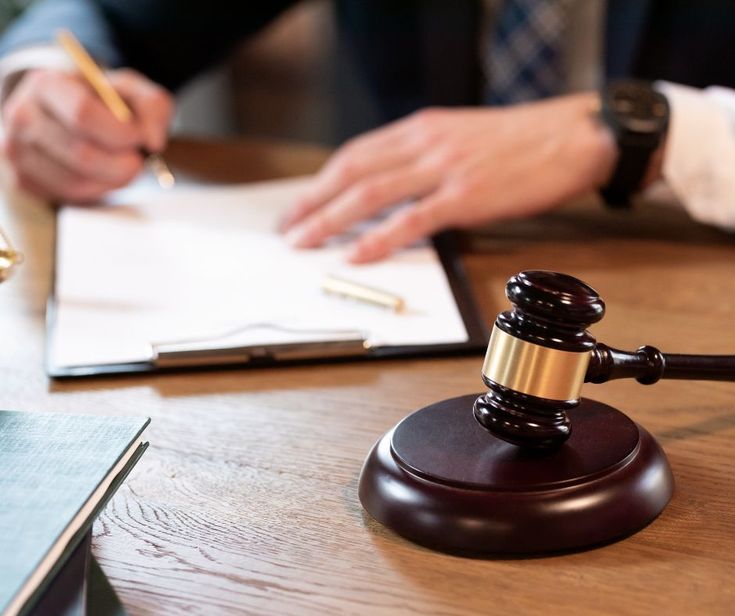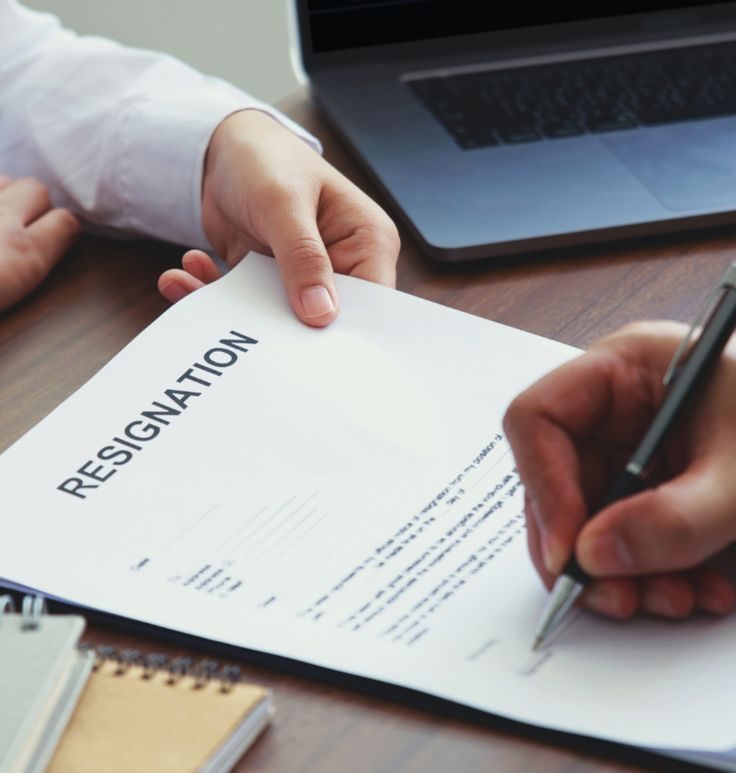The Legal Difference Between General and Special Power of Attorney in Saudi Law

Introduction:
A power of attorney (POA) is an essential legal tool that allows a person (the principal) to authorize another (the agent) to act on their behalf in legal matters. Given the variety of POAs, a common question arises: what is the difference between a general and a specific power of attorney? In this blog, we explain the distinction, when each is used, and the legal requirements under Saudi law.
1. What Is a Power of Attorney?
A power of attorney is a legal authorization in which the principal empowers an agent to perform legal, financial, or administrative actions on their behalf. It must be documented and authenticated through an official authority such as a notary public or the Najiz platform.
2. What Is a General Power of Attorney?
Definition:
A general POA grants broad powers to the agent to act on behalf of the principal in multiple areas, such as buying and selling, managing assets, litigation, and signing contracts.
Common Uses:
- Managing real estate and properties.
- Withdrawing money from bank accounts.
- Signing official documents.
- Representing the principal before government entities.
Limitations:
– It does not include specific acts like selling property unless explicitly stated.
– It must be time-bound and becomes invalid upon the principal’s death or loss of legal capacity.
3. What Is a Specific Power of Attorney?
Definition:
A specific POA grants the agent limited authority to perform a particular task or transaction only.
Common Uses:
- Authorizing the sale of a specific vehicle.
- Filing a patent application.
- Completing a specific government procedure.
Limitations:
– The agent cannot act beyond the powers explicitly stated.
– The POA ends upon completion of the assigned task or its expiration date.
4. How to Issue a Power of Attorney in Saudi Arabia
- Use the Najiz platform provided by the Ministry of Justice.
- Select a POA template or create a custom version.
- Enter the agent’s details accurately.
- Clearly specify the authority granted and the duration.
- Authenticate the POA online or through a notary public.
5. Can a Power of Attorney Be Revoked?
Yes, the principal has the legal right to revoke the POA at any time. The revocation must be communicated officially to the agent and can be processed through Najiz.
6. Legal Tip:
Only issue a general POA to someone you deeply trust. Make sure the powers and duration are explicitly defined. When dealing with significant assets or real estate, consult a professional lawyer to avoid potential legal complications.
Conclusion:
Understanding the distinction between a general and a specific power of attorney helps protect your legal rights and prevents misuse. Before issuing any POA, ensure the objective and scope are clear, and always keep both electronic and printed copies for your records.





Comments